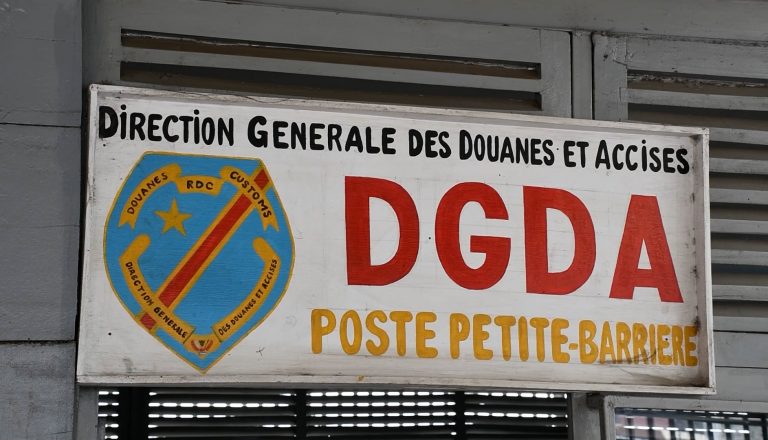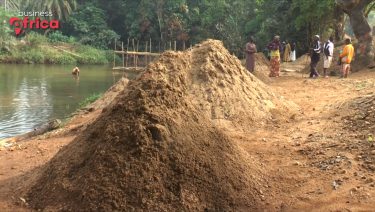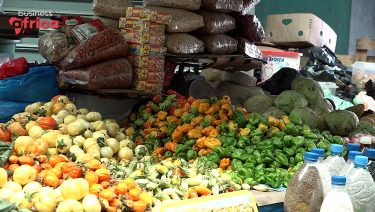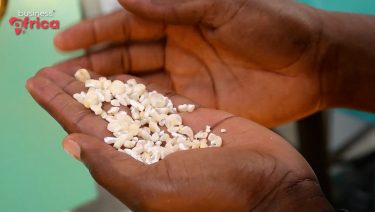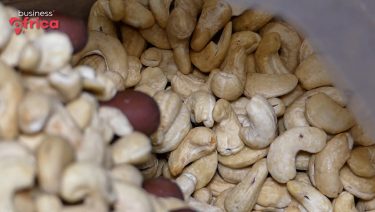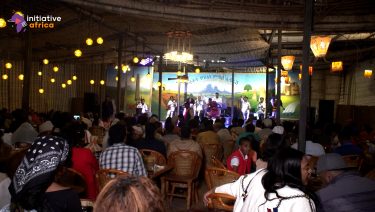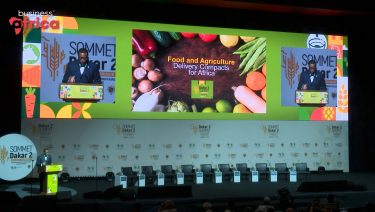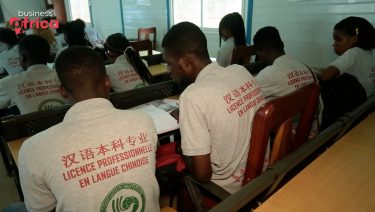The sand business in Cameroon
In the village of Madenkene, Cameroon, small-scale extraction and sale of sand are the inhabitants' primary income sources. It's one of the cogs in a very active construction sector propelled by galloping urbanisation. Men, women and children take part in this arduous work, which they see as essential to the development of their community.
